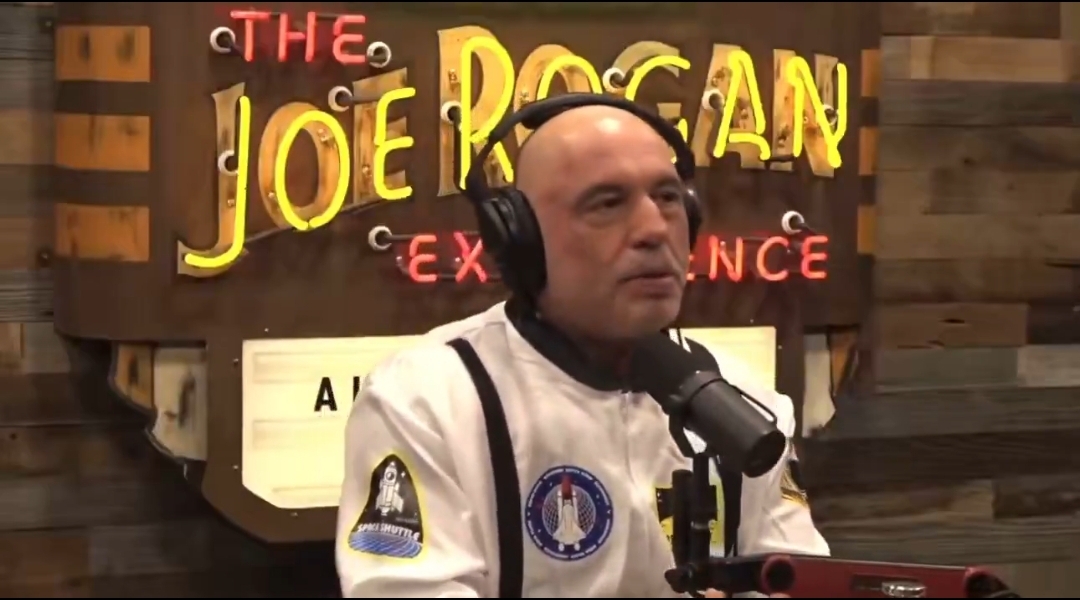
JUST IN: Outrage as Olabisi Onabanjo University Reportedly Orders Applicants With Dreadlocks and Braids to Cut Their Hair Before Writing PUTME Exam

Reports reaching the public have sparked widespread outrage and heated debate after claims surfaced that Olabisi Onabanjo University (OOU), Ago-Iwoye, Ogun State, allegedly mandated applicants seeking admission into the institution to cut their hair if they had dreadlocks, braids, or other unconventional hairstyles before they would be allowed to sit for the Post-UTME (PUTME) screening examination. The shocking revelation, which has been trending across social media platforms, has thrown many into confusion as parents, civil rights advocates, and education stakeholders continue to question the rationale behind such a directive in an era where personal appearance is often seen as a matter of choice and self-expression. According to several accounts, some prospective students, particularly young women and men with braided hair, dreadlocks, and other culturally or fashion-inspired hairstyles, were reportedly told by invigilators and security officials at the exam centers that they would not be permitted into the examination halls unless they complied with the instruction to cut off their hair. Witnesses alleged that some candidates were left stranded outside the hall in tears while others rushed off in panic to find barbers nearby, desperate to comply with the sudden rule so they would not miss the crucial exam that could determine their university admission.
The development has triggered a wave of reactions across Nigeria, with many condemning the move as discriminatory, outdated, and an infringement on personal rights. Critics argue that academic institutions should be more concerned about intellectual capacity, discipline, and performance rather than dictating how students should wear their hair. Many have also pointed out the irony of the policy, stating that OOU is a public university in a country where cultural diversity is celebrated and where dreadlocks, in particular, are not only a fashion statement but also carry religious and cultural significance for many communities, including Rastafarians and some African traditionalist groups. Forcing applicants to cut off their hair, they say, is tantamount to disregarding cultural identity and freedom of expression.
Social media has since been flooded with videos and testimonies allegedly from affected applicants and their parents. A widely circulated clip showed a young man with dreadlocks being denied entry into the exam hall while officials stood their ground. Another viral post narrated how a girl who had neatly plaited braids was reduced to tears after being told her hair was “inappropriate” and must be taken down immediately if she wished to participate in the exam. Hashtags such as #OOUHairPolicy, #EducationNotHair, and #StopHairDiscrimination quickly began trending on X (formerly Twitter), as Nigerians from different walks of life weighed in on the matter.
Human rights advocates have wasted no time in condemning the alleged directive, describing it as a violation of the applicants’ fundamental rights. A Lagos-based lawyer, who spoke to reporters, noted that “The Nigerian Constitution guarantees freedom of expression and religion, and this extends to personal appearance. To deny a candidate the right to take an exam because of their hairstyle is not only discriminatory but also potentially unlawful. Universities must not impose archaic codes of appearance that have no direct bearing on academic performance or the conduct of examinations.”
Some education analysts have argued that the university might be attempting to enforce a culture of discipline, which is often emphasized in Nigerian higher institutions. However, they also acknowledge that such methods are not only counterproductive but also risk alienating brilliant students who may feel stigmatized or unfairly treated. A former university lecturer described the incident as “a clear case of misplaced priorities,” adding that “The essence of a post-UTME is to assess intellectual ability, not to police fashion choices. Institutions should move away from such colonial-era practices that equate discipline with outward appearance.”
The debate has also reignited conversations about how Nigerian institutions perceive modern youth culture. While some conservative voices defended the move, suggesting that universities must maintain certain standards of conduct and appearance, the majority view seems to tilt heavily against OOU’s alleged stance. Several parents took to Facebook to express their anger, with one mother describing how her son was humiliated in front of hundreds of other applicants because he wore his hair in short dreadlocks. “This is 2025, not 1970,” she wrote. “Our children should not be judged by their hair but by their abilities. OOU has disappointed us.”
Religious groups have also raised concerns. Representatives of Rastafarian associations in Nigeria have argued that dreadlocks are not merely hairstyles but an integral part of their faith. To force adherents to cut their hair, they say, is to violate their religious freedom. Calls have been made for the National Human Rights Commission and the Ministry of Education to investigate the matter and ensure that such discriminatory practices are abolished.
Meanwhile, some students of OOU, past and present, have come forward to claim that the institution has a long history of strict and often controversial rules regarding appearance. Alumni recall instances where students were punished or sanctioned for hairstyles, dress codes, and even beard growth, with university authorities often citing discipline as their justification. However, they admitted that extending such policies to admission seekers at the entry stage of their academic journey was unprecedented and deeply troubling.
The Nigerian Association of University Students (NAUS) has promised to take up the matter, describing it as an attack on the dignity of the Nigerian student. In a statement released late Sunday evening, NAUS leadership declared: “What happened at OOU is unacceptable. Nigerian students will not sit back while our brothers and sisters are humiliated and denied opportunities simply because of how they choose to wear their hair. We demand immediate clarification from the school management and an end to all discriminatory appearance-based policies in our tertiary institutions.”
At the time of this report, OOU authorities had yet to release an official statement addressing the allegations. Attempts by journalists to contact the school’s Public Relations Officer were unsuccessful, as calls and messages went unanswered. However, insiders suggest that pressure is already mounting on the institution to publicly clarify its position before the situation spirals further into national scandal.
The incident highlights a larger issue within the Nigerian education system — the clash between modernity and traditional institutional practices. While universities are meant to be citadels of freedom, thought, and creativity, many still hold on to rigid and outdated codes of appearance, often at the expense of inclusivity and progress. For many Nigerians, the OOU incident is a wake-up call that it is time to redefine what discipline means in an academic context.
As the controversy deepens, the affected applicants are left traumatized, with some uncertain about their chances of securing admission this year. Parents are demanding refunds for wasted registration fees, while advocacy groups are calling for legal redress. The outcome of this storm will likely shape future debates about student rights, personal freedom, and the modernization of Nigerian universities. For now, one thing is clear — the conversation about hair, identity, and education in Nigeria has been reignited in a way that can no longer be ignored.


